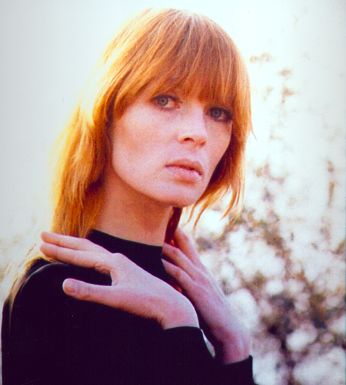Conversation with Paul Morrissey (Part II)
From Oui (March 1975). I no longer recall whether or not the editors changed the wording of some of my questions; I suspect that in many cases they did. Because of the length of this interview, I’m posting it in two parts. -– J.R.
Excerpted from the Introduction [obviously not by me]:
“Jonathan Rosenbaum interviewed Morrissey in Paris, shortly after the director had completed his latest films [Flesh for Frankenstein and Blood for Dracula aka Andy Warhol’s Frankenstein and Andy Warhol’s Dracula (sic, sic), only the second of which I’ve ever seen, then or since. -– J.R.] He described being greeted at the door by Nico, of the original and most durable Factory regulars:
“Nico entertained me with comparisons of Paris and Los Angeles, while Morrissey served me orange soda from his refrigerator,” he said. “Morrissey enjoys talking –– the interview was nearly a monologue –- and he speaks in a slightly nasal tone, a cross between Brando and the Bronx.”
OUI: Let’s talk about political content. Your films are usually much more poignant and compassionate than you yourself are reputed to be. In some quarters of the film world, you have a political reputation that might be compared to Ronald Reagan’s. Read more


